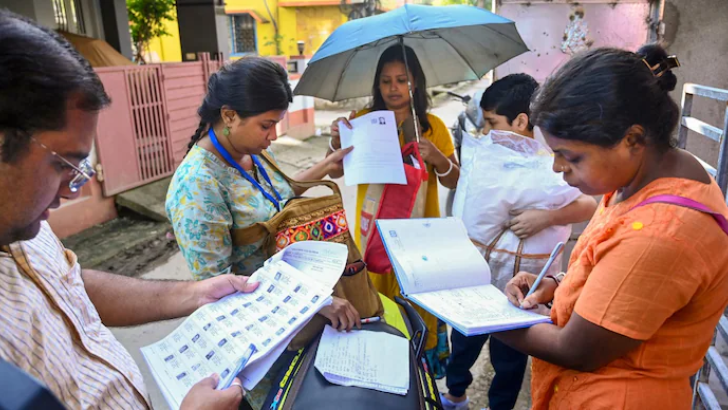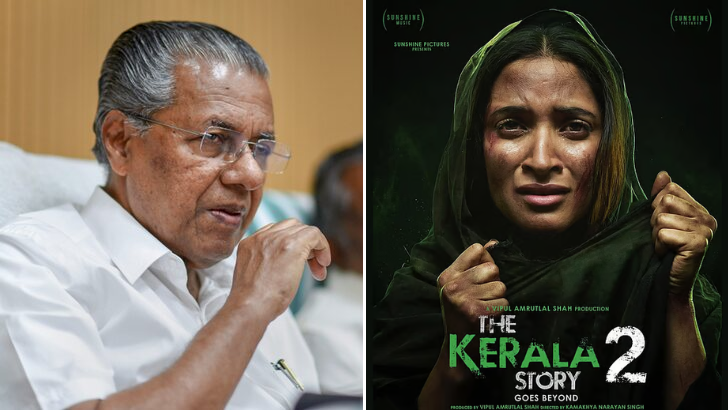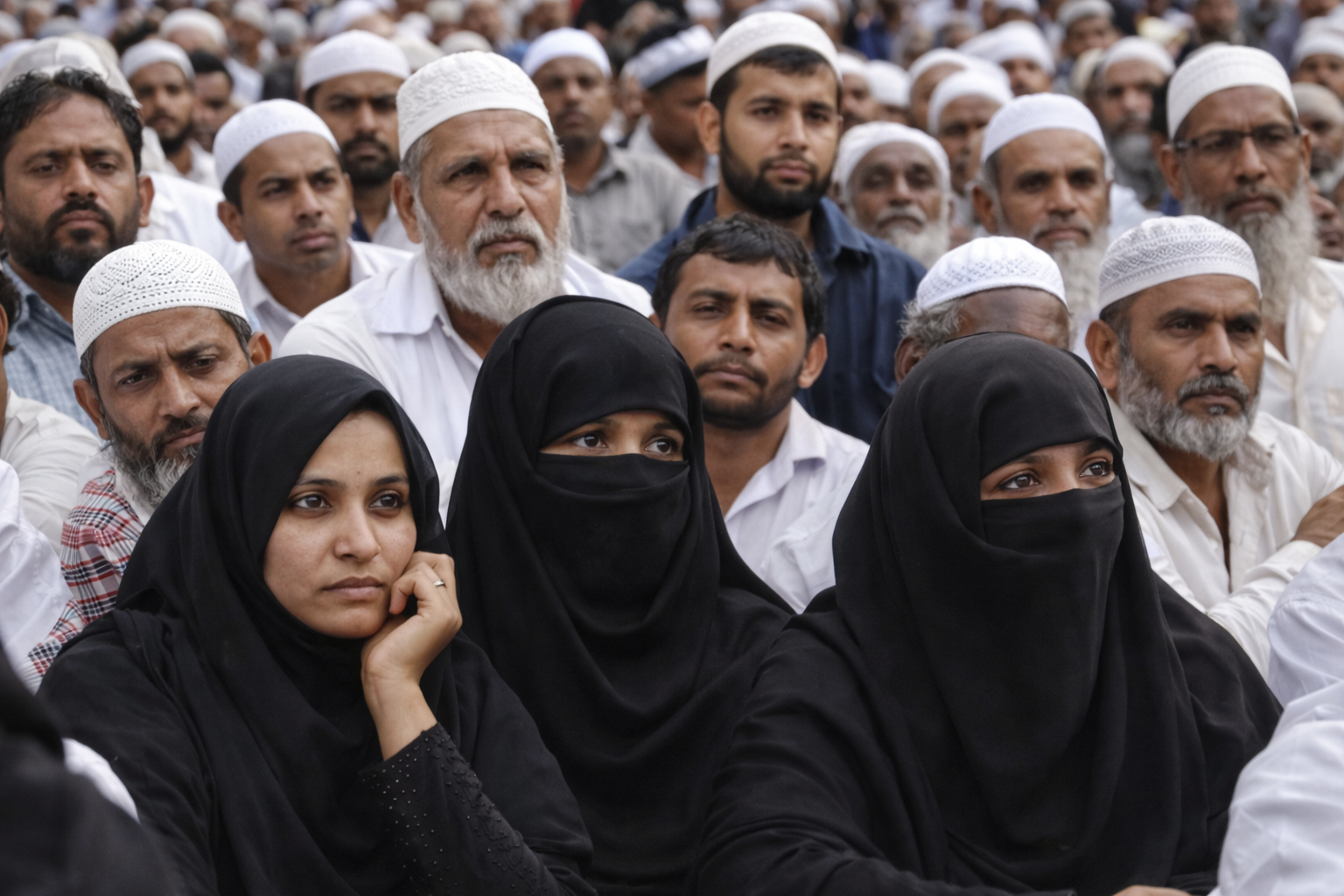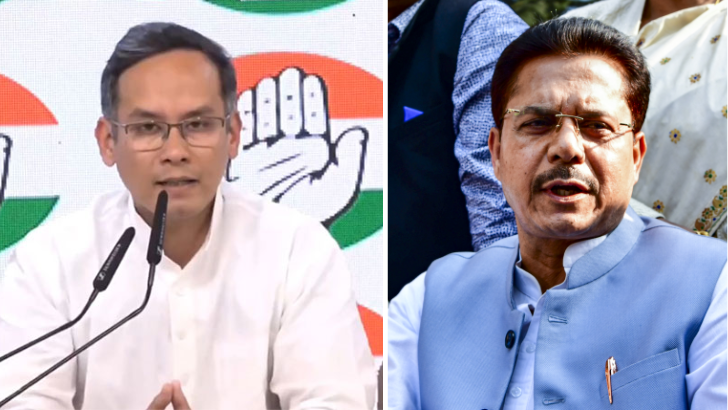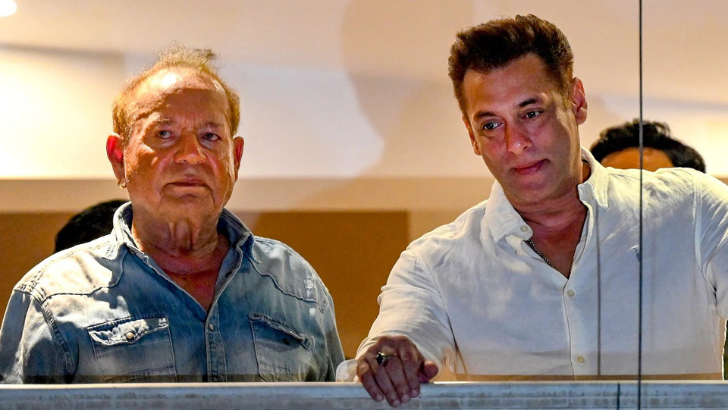'Aadhaar, voter, ration cards considered only for identification': EC justifies SIR in Bihar
On 10 July, the top court asked the ECI to consider Aadhaar, voter ID and ration cards as valid documents during its ongoing SIR of electoral rolls in Bihar, set to go to polls later this year.
PTI
-
Election Commission of India
New Delhi, 22 July
The Election Commission of India has justified its ongoing Special
Intensive Revision (SIR) of electoral rolls in Bihar saying it adds to the
purity of the election by "weeding out ineligible persons" from the
electoral rolls.
The affidavit filed by the poll panel in a plea challenging the 24 June
order directing SIR of electoral roll pan-India starting from Bihar, said
despite legal concerns Aadhaar, voter card and ration card were already being
considered by the commission for the limited purpose of identity during the
SIR-2025 exercise.
"The SIR exercise adds to the purity of elections by weeding out
ineligible persons from the electoral roll. The entitlement to vote flows from
Article 326 read with Sections 16 and 19 of the RP Act 1950 and Section 62 of
the RP Act 1951 which contains certain qualifications with respect to
citizenship, age, and ordinary residency. An ineligible person has no right to
vote, and thus, cannot claim a violation of Articles 19 and 21 in this
regard," the ECI said in a detailed affidavit.
It referred to the 17 July order of the top court asking the ECI to
consider Aadhaar, voter IDs and ration cards for the purpose of SIR-2025.
"In addition to the legal concerns already articulated hereinabove,
these documents are, in fact, already being considered by the Commission for
the limited purpose of identity, during the SIR process," it said.
The ECI continued, "A bare perusal of the enumeration form issued
under the SIR Order reveals that the Aadhaar number may be voluntarily
furnished by a person furnishing the enumeration form. Such information is
utilised for the purpose of identification, in accordance with Section 23(4) of
the Representation of the People Act, 1950, and Section 9 of the Aadhaar
(Targeted Delivery of Financial and Other Subsidies, Benefits and Services)
Act, 2016."
Section 23(4) of the Representation of the People Act, 1950 stipulates
the "electoral registration officer may for the purpose of establishing
the identity of any person require that such person may furnish the Aadhaar
number given by the Unique Identification Authority of India as per the
provisions of the Aadhaar (Targeted Delivery of Financial and Other Subsidies,
Benefits and Services) Act, 2016".
On the other hand, Section 9 of the 2016 Act says Aadhaar number is not
evidence of citizenship or domicile, etc.
The ECI affidavit said each and every existing elector has the same
opportunity to provide all documents including proof of eligibility to the
booth level officer (BLO) at their place of residence.
"No elector is put through any hardship in comparison to the
persons mentioned above. The same methodology has been utilised for all past
SIRs as well. Moreover, the BLOs, BLAs (booth level agents), and volunteers are
actively facilitating the obtaining of eligibility documents for all genuine
electors who require assistance…," it said.
The poll panel said as on 18 July, of the 7,89,69,844 existing electors
in Bihar, enumeration forms from 7,11,72,660 electors, constituting 90.12 per
cent, had already been collected.
"Accounting for deceased individuals, permanently shifted electors,
and those enrolled in more than one place, the Form collection phase of the SIR
has effectively covered 94.68 per cent of the nearly 7.9 crore-strong
electorate in Bihar. The electorate who are untraceable despite multiple visits
by the BLOs constitute a mere 0.01 percent of the total electors. As on 18 July,
2025, only 5.2 percent electors remain to submit their filled EFs before the 25
July deadline," it said.
The poll panel assured of making "all possible efforts" to
include all those eligible in the electoral roll and as a special effort,
political parties were given the list of electors, whose enumeration forms had
not been received, in order to trace them and get their enumeration forms
through their BLAs.
NGO Association of Democratic Reforms and other petitioners, including
leaders of various political parties and members of civil society, argued that
the 24 June orders violates fundamental rights of citizens.
The ECI refuted the claims saying no discrimination could be alleged.
"So far as Articles 14 and 325 are concerned, there is no violation
as no person is being discriminated against on the basis of race, caste,
religion, or sex, nor is there unequal treatment given to persons otherwise
equal and seeking to be enrolled," it said.
Further, the poll panel said persons who featured in the 2003 electoral
roll had already undergone scrutiny through the previous intensive revision and
remained electors since then.
As a result, it said, they did not constitute the same class of persons
whose names feature in the electoral roll of January 2025.
"Thus, no claim of violation of Article 14 can be made," it
said.
The poll panel said any person unable to submit an eligibility document
by 26 July, could do it in the claims and objections period and there was no
discriminatory treatment meted out to ordinary voters as compared to the
distinguished persons such as members of judiciary and public representatives
as their documents were being collected from home.
On 10 July, the top court asked the ECI to consider Aadhaar, voter ID
and ration cards as valid documents during its ongoing SIR of electoral rolls
in Bihar, set to go to polls later this year.
The top court would hear the matter on 28 July.
Leave a Reply
Your email address will not be published. Required fields are marked *








.jpg)




